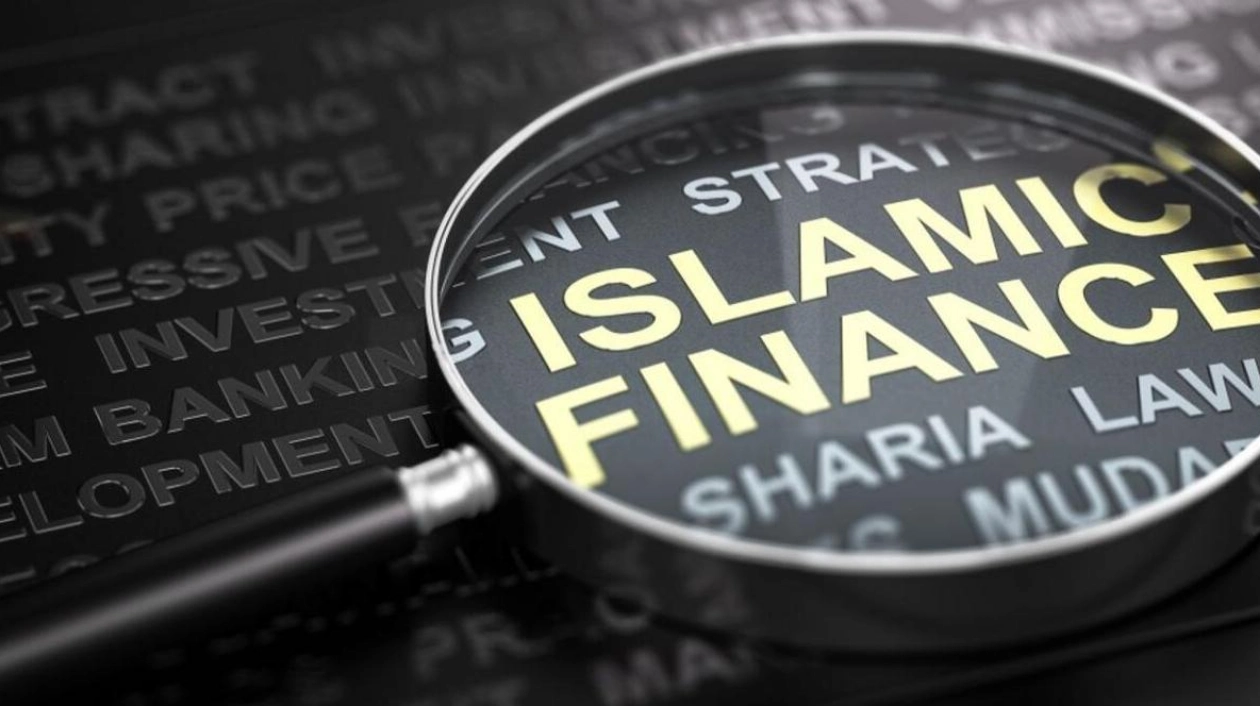Islamic finance, renowned for its unique blend of ethical values and financial services, is undergoing a notable transformation, especially in treasury and investment products. Despite the continued prevalence of traditional instruments like Sukuk, innovative efforts have been directed towards promoting sustainability and aiding marginalized groups. Nonetheless, the market faces challenges. The very ethics that define Islamic finance create unique limitations, particularly in liquidity management. Traditional Islamic financial tools often fall short in flexibility and speed compared to conventional alternatives, posing a significant hurdle, especially in a swiftly changing global financial environment where agility and responsiveness are vital.
As Islamic finance advances, technology is pivotal in unlocking the potential of Islamic treasury products and fostering a stronger, more efficient financial system for the global economy. Enhancing the integration of the Islamic interbank market will be crucial for future success and expansion. Improving access to liquidity is essential as the Islamic finance market, present in 80 countries and projected to reach $4.94 trillion by 2025, could face growth constraints. Islamic banks, restricted from using interest-based (riba) instruments, have fewer Shariah-compliant options for liquidity management than conventional banks. Currently available treasury products mature slowly and trade in lower volumes, making them less appealing to investors seeking quick liquidity. With fewer buyers and sellers, banks may struggle to execute transactions swiftly and at a fair price.
To ensure liquidity, Islamic banks in Western countries may need to shift from a solitary approach to a collaborative environment. If a major bank in one region lacks liquidity in its Islamic finance structures, offering Shariah-compliant instruments to banks with surplus funds can support liquidity needs while balancing the ecosystem in Islamic banking. The use of derivatives in Islamic banking is a topic of debate among Sharia scholars, with many considering them unsuitable as assets. Consequently, the adoption of conventional derivative structures remains low. However, most Islamic banks in the GCC, Malaysia, and Turkey utilize Islamic derivative hedging structures like profit-rate swaps and forward foreign-exchange contracts.
The Islamic derivatives market is marked by cautious innovation, exploring new structures to align with principles such as risk-sharing and asset ownership. Adaptations of traditional forward contracts to fit the muwaada concept, which involves bilateral promises, are being considered, though opinions among scholars vary. Additionally, Sukuk Ijarah with embedded options or warrants have been proposed, allowing investors to support underlying assets without violating the prohibition on interest. Innovation, coupled with a growing middle class in Muslim-majority countries, suggests a potential rise in derivatives in Islamic finance. As the market matures, it is expected to attract a broader range of investors seeking ethical and risk-hedging instruments that align with Islamic values.
Collaboration is key to expanding Islamic finance through the development of new Shariah-compliant finance instruments for liquidity management. Regional cooperation leads to a larger capital pool and innovation, facilitating the creation of new financing structures with shorter maturities that trade at higher volumes. Technology, particularly APIs, can enhance collaboration by connecting banks in need of liquidity with those holding excess funds and identifying opportunities in real-time. Simultaneously, straight through processing (STP) enables secure and swift electronic document exchange between banks, brokers, and clients. However, Deloitte reports that most traditional banks rely on outdated technology, leading to redundant data reconciliations and multiple intermediaries. The need for Sharia compliance within Islamic Finance adds another layer of complexity due to technological deficiencies.
For instance, the disconnect between treasury workflows impacts the servicing of treasury products. Pricing requires accurate and up-to-date data, and manual information gathering, a time-consuming task, risks outdated pricing structures in treasury departments. Automation, conversely, provides real-time insights, leading to faster and more accurate decision-making, whether servicing clients or hedging risk. STP can also enhance risk management by streamlining and improving the accuracy of workflows through upfront automation of key details verification, such as commodity type, quantity, and pricing. Compliance checks can be integrated into the process to ensure adherence to Sharia principles more accurately and efficiently. However, the lack of global standardization across regulations and product structures can reduce the effectiveness of some technology implementations.
While individual banks benefit from STP, regional differences in governance and product structures can hinder banks' efforts to raise capital across borders. Since STP relies on pre-defined data fields and mapping to specific regulations, regional variations can impede electronic data flow across a global financial system. It may also utilize conditional logic to make decisions based on specific criteria, such as those defining compliance with Shariah principles. Variations in regulations make it more challenging to automate the process effectively in an interbank environment. Leading technology providers are adept at building workarounds, but standardizing or harmonizing rules, laws, approaches, and product structures within Islamic banking is necessary to facilitate increased digitalization and drive growth across the sector.
To fully leverage the benefits of digitalization, a concerted effort towards harmonizing Islamic financial laws and standards is essential. This will not only smooth interbank transactions and cross-border capital flows but also expand the reach of Islamic finance to underserved regions like Africa. By embracing digitalization and standardization, the Islamic finance industry can achieve sustainable growth, better serve its ethical principles, and contribute more effectively to the global economy.






